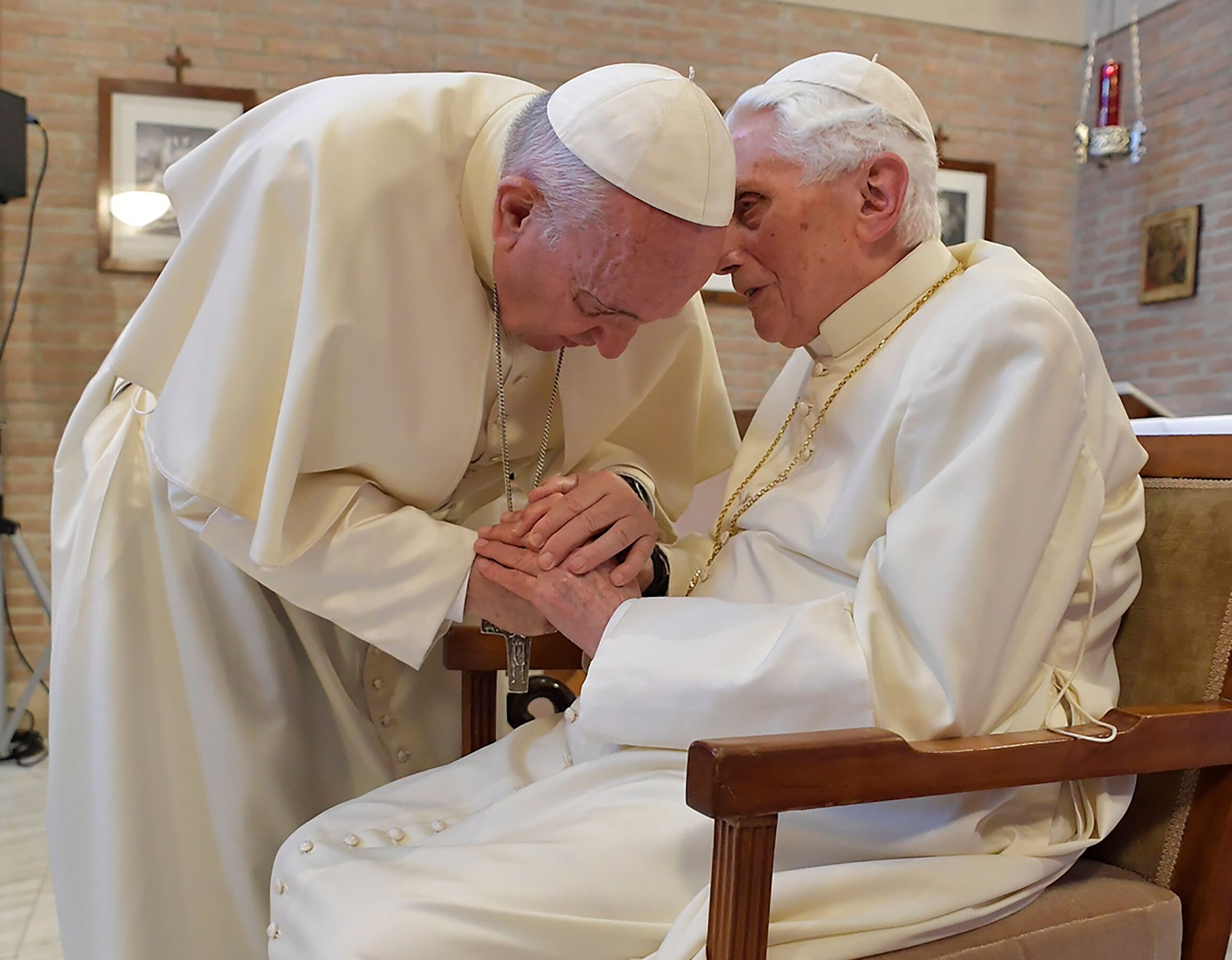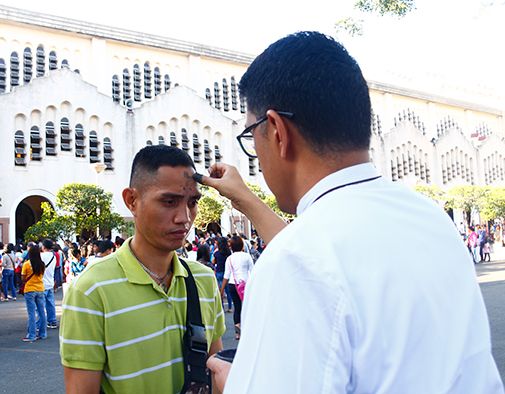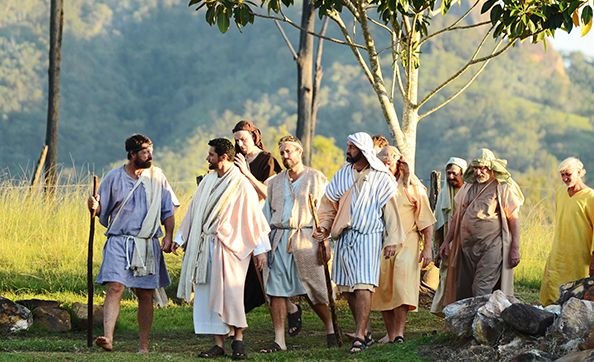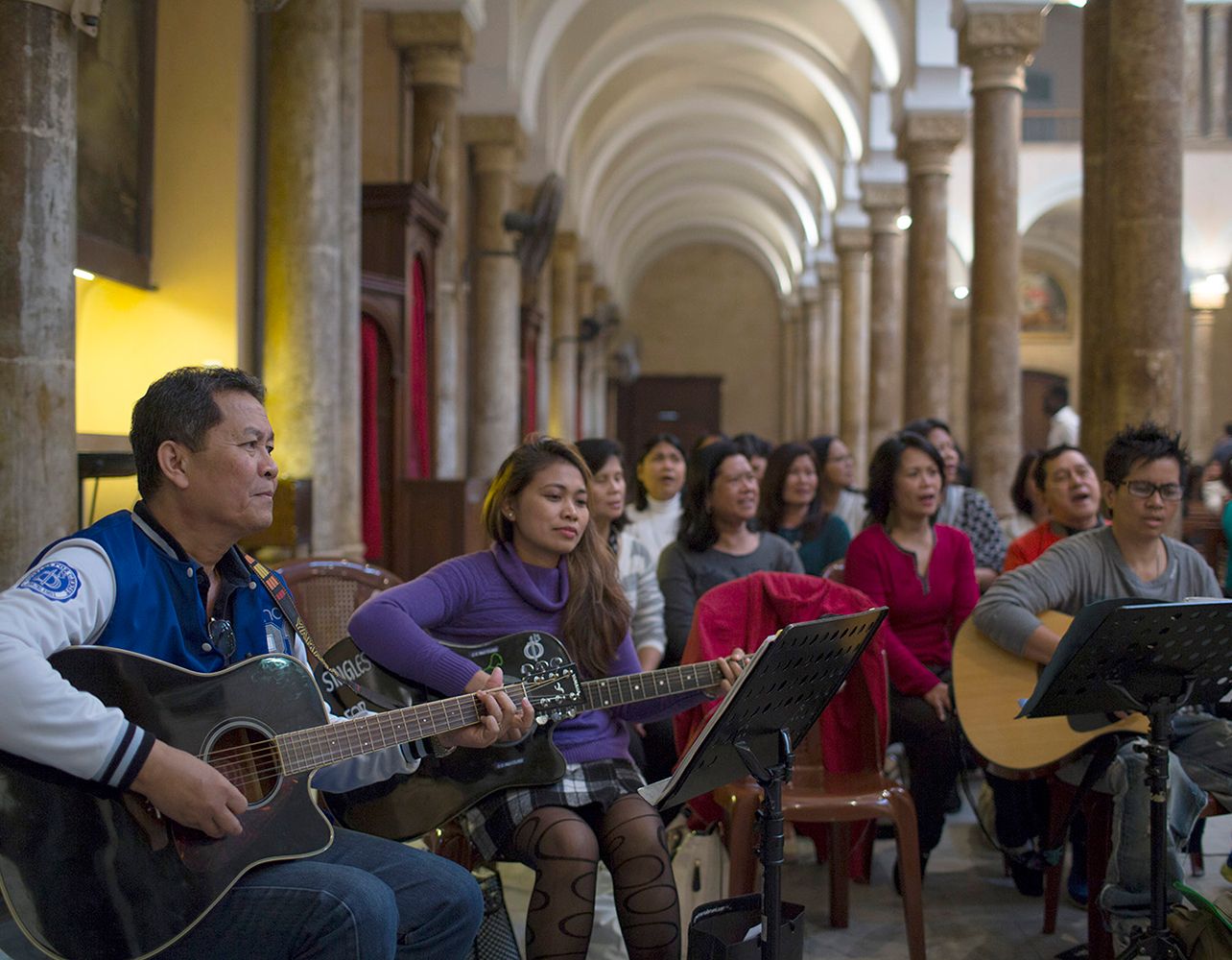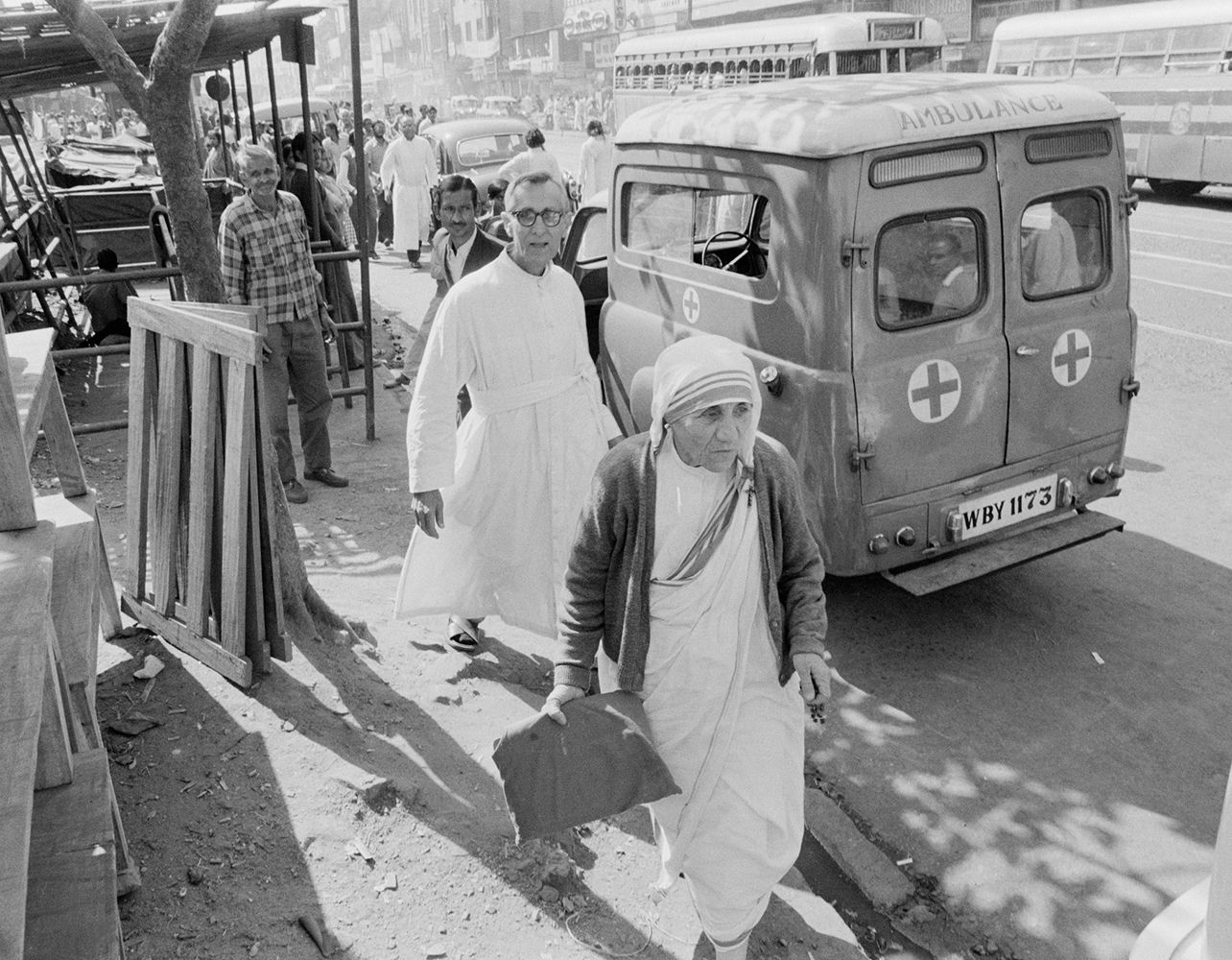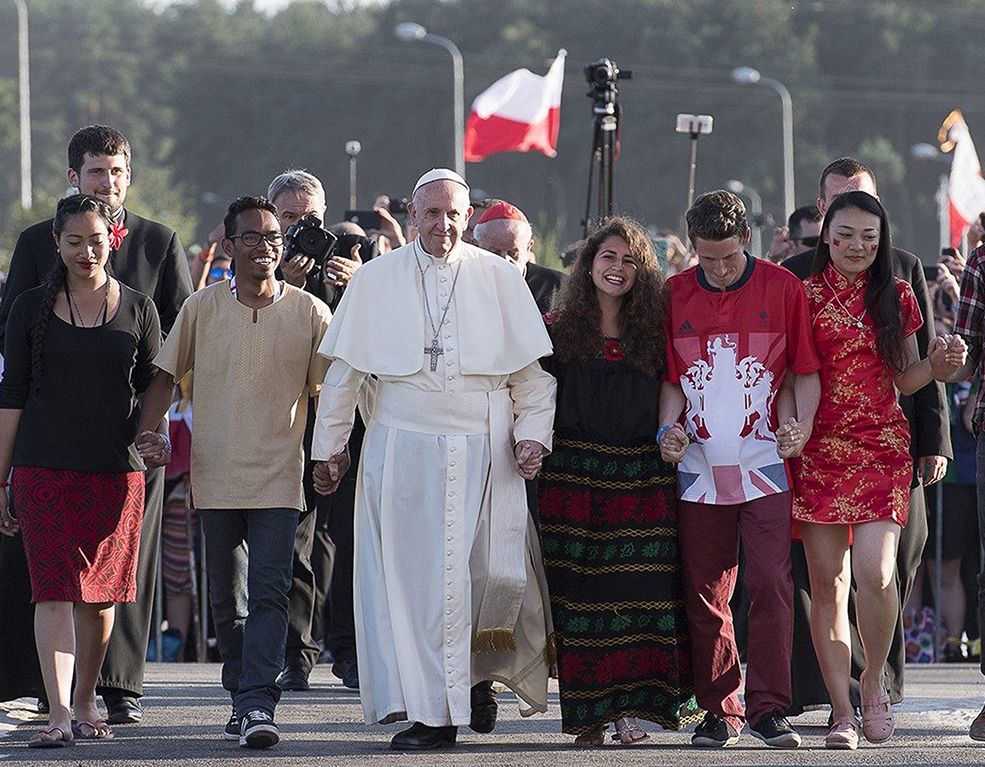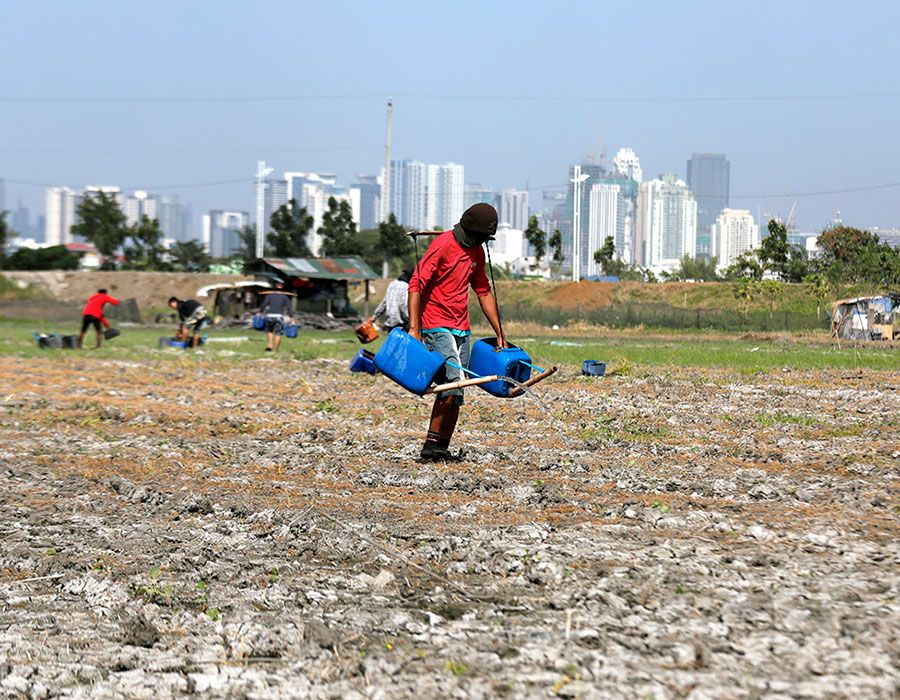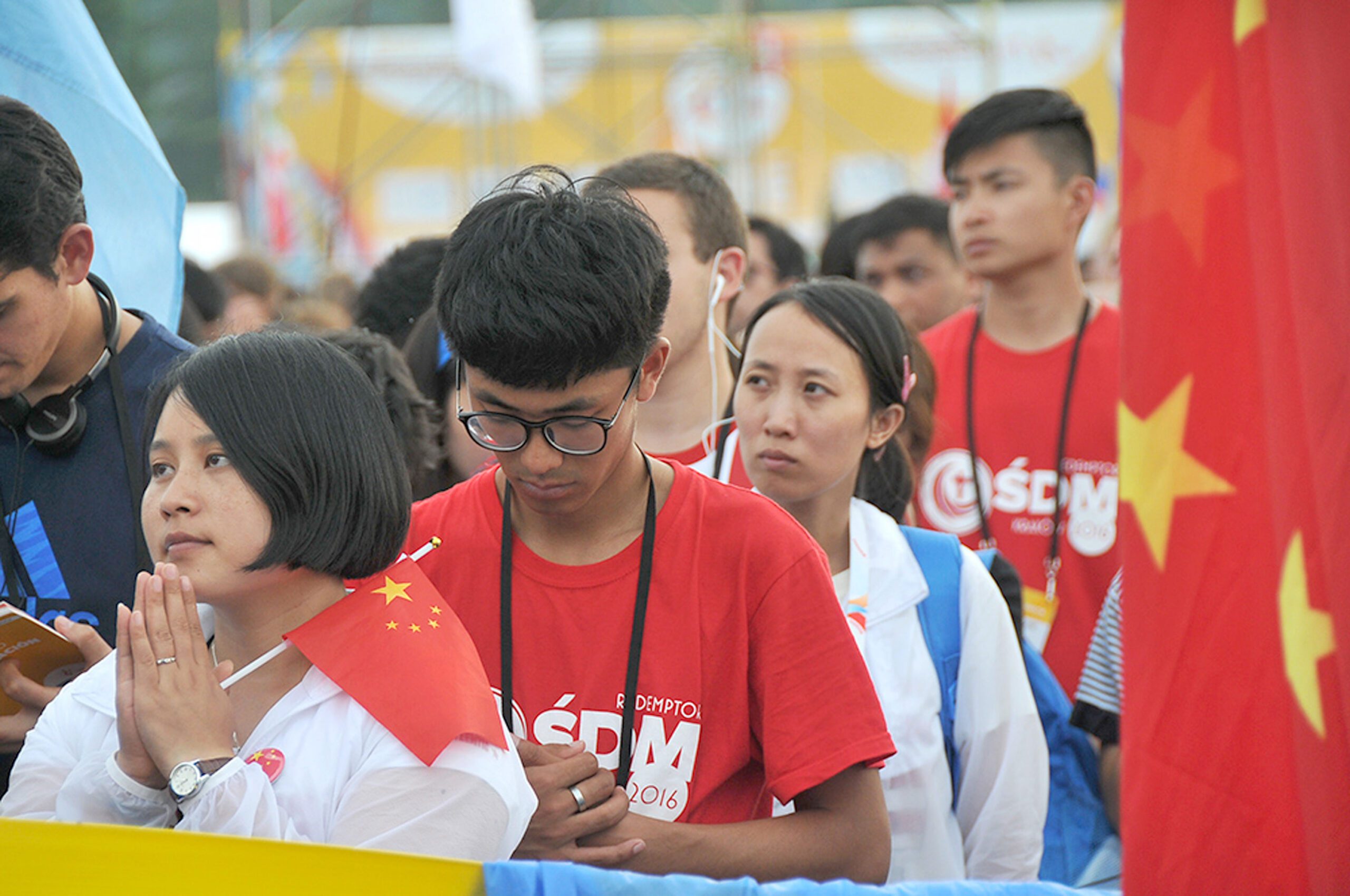Benedict XVI died at the Mater Ecclesia Monastery, residence of the pope emeritus in the Vatican since 2013. His successor, Pope Francis, led the funeral service on January 6, 2023, before 50,000 people. The German pontiff was then laid to rest in the Vatican crypt in the same spot where St. John Paul II and St. John XXIII were previously buried before their canonizations, which is less than 100 feet from the tomb of St. Peter the Apostle, the first pope.
Since 1981, the German pontiff has lived in Rome, away from his motherland. As a cardinal charged with enforcing doctrinal purity, Benedict was given the nickname “God’s Rottweiler” after he was appointed Prefect of the Congregation for the Doctrine of the Faith in Rome, the oldest among the sacred congregations of the Roman Curia.
This congregation, now the Dicastery for the Doctrine of the Faith, was created in 1542 by virtue of the decree Licet ab initio issued by Pope Paul III. It is the oldest of all Catholic offices in the Vatican, instituted 21 years after Magellan landed and died in the Philippines in 1521. He assumed the Petrine Ministry in 2005.
A January 2022 report on sexual abuse in the diocese of Munich, Germany, blasted Ratzinger’s “inaction” regarding abuse cases during his period as archbishop from 1977 to 1982. In reaction to the report, pope emeritus formally apologized in writing, but did not admit to any administrative failures.
Benedict punished Marcial Maciel, the powerful founder of the Legionaries of Christ, an important Catholic religious order. He publicly criticized Irish bishops for their mishandling of the sexual abuse crisis, but he did not move to open Vatican records to a public investigation.
For many survivors of clerical sexual abuse, the German pontiff’s actions were not enough. The sin imputed upon Benedict XVI appeared to be more of omission than commission and for this, the late pope was often misunderstood, seemingly a brilliant man at odds with the modern world.
But let me say this, being misunderstood and being controversial does mean he did not live a heroic life of virtues. Pius XII, although misunderstood, was declared venerable. John Paul I and John Paul II, who in death were controversial, are now considered holy pontiffs. So is the present Pope Francis, who is often misunderstood. Sanctity does not shield anyone from being misunderstood and controversial, from betrayal, personal attacks, and gossip.
A Man Of Humble Heart
At his 2006 lecture at the Regensberg University, the Holy Father, speaking in German, quoted the hotly contested 14th-century passage made by Manuel II Palaiologos. The Holy Father even remarked that the imperial addresses were “in an astoundingly harsh way, to us surprisingly brusque way.” It means that the pope only quoted the emperor’s words in an academic lecture to prove a point, but he himself didn’t approve of what he quoted.
Suddenly, the whole Islamic world exploded in anger, with high-profile politicians and religious leaders joining the bandwagon of protests against what they saw as an insulting misrepresentation of Islam.
Mass street protests were mounted in several Islamic countries, with the Majlis-e-Shoora or the Pakistani parliament unanimously calling on the Holy Father to retract “this objectionable statement.” To which Benedict XVI himself wrote a personal and simple note explaining his position: “I hope that the reader of my text can see immediately that this sentence does not express my personal view of the Qur’an, for which I have the respect due to the holy book of a great religion.”
Thereafter, our gentle pope, in his humility and love for reconciliation, offered a sincere apology addressed to all our Muslim brothers and sisters worldwide. And he didn’t stop there. Against the better judgment of his advisers, the Holy Father bravely decided to visit Turkey, a predominantly Muslim country, to pray in its Blue Mosque in December 2006.
And he didn’t stop there too. Two years later, he organized the “First Meeting of the Catholic-Muslim Forum” and met with Muslim scholars and religious leaders in the autumn of 2008 in Rome.
He renounced. He abdicated. His death did not come as a surprise, unlike his resignation in 2013. His resignation was like an electric shock for the whole human race when he announced it. Benedict XVI told the assembled cardinals in Latin:
“In today’s world, subject to so many rapid changes and shaken by questions of deep relevance for the life of faith, in order to govern the Barque of St. Peter and proclaim the Gospel, both strengths of mind and body are necessary, strength which in the last few months, has deteriorated in me to the extent that I have had to recognize my incapacity to adequately fulfill the ministry entrusted to me.” “For this reason, and well aware of the seriousness of this act, with full freedom I declare that I renounce the ministry of the Bishop of Rome, Successor of Saint Peter…”
With his own words, “I renounce,” His Holiness descended from the Chair of Peter for good! The last time a pope resigned voluntarily was in 1294, only after 5 months of being the Vicar of Christ on earth. St. Celestine V, a former Benedictine monk, reigned in 1294, fled Rome, and went back to his hermitage in the hills of central Italy and Apulia.
The question of health and mortality came into play. It was a mortal man’s desire to be alone with the Immortal God. Unlike dictators, tyrants, and other politicians, a servant leader is forever appalled by earthly power as if it were leprosy. An old manuscript that I dug from the Martyrologium Romanum explains, for our edification, Celestine’s desire to resign:
“The desire for humility, for a purer life, for a stainless conscience, the deficiencies of his own physical strength, his ignorance, the perverseness of the people, his longing for the tranquility of his former life.”
Popes are supposed to run out the clock and just wait for Father Time to come knocking and die in office. For health reasons, our German pontiff decided in 2013 to abdicate the papacy. The pope emeritus, genuinely a servant leader, just knew that the Throne of Peter was meant not for supremacy but for service.
Pope Francis called it “an example of greatness,” that is, Benedict’s decision to abdicate the supposedly life-long papacy, a personal example of renouncing power when it’s time to renounce it.
Gift Of A Long Life
One lesson I learned without difficulty after I watched the 2019 Netflix film “The Two Popes” was this: There is only one pope. The chronology of events tells that, on the very last day of February in 2013, Pope Benedict met with the College of Cardinals in the morning. And in the afternoon, he was gone.
He flew by helicopter to the papal summer residence of Castel Gandolfo and stayed there for quite a while. The next thing we heard was that he transferred to his permanent retirement home, the Mater Ecclesiae Monastery in the Vatican, on May 2, 2013.
His resignation was indeed a forceful message of detachment and simplicity to the world so thirsty for power, money, and prestige. As a retired pope, Benedict XVI ceased to wear the red papal shoes and continued to wear the white cassock but without the tufted fascia or the pellegrina.
Most of all, Benedict discontinued using his official Fisherman’s Ring. So, there has never been a parallel papacy since 2013. We recall that, on February 28, 2013, in his official farewell address to the College of Cardinals, even before the election of the next pontiff, Benedict XVI proclaimed: “In your midst is the next pope. I promise him obedience.”
By so declaring, Benedict XVI trusted that the papacy, a divine institution, is rooted in the apostolic succession, and that the Holy Spirit is at work until the end of the world.
The Netflix 2019 film is historically correct in one particular aspect. Benedict and Francis are “The Two Popes” in succession, which makes the Annuario Pontificio equally correct. A total of 266 popes governed the Catholic Church, from St. Peter the Apostle to Francis, one after another, without breaking the Apostolic Succession. The nightmare scenario of a “parallel magisterium” as predicted by canon lawyers and Vatican observers in 2013 never came.
Of the 266 popes in succession, only 12 have reached the age of 85, including Pope Francis. Benedict XVI at 95 is the oldest person in history to have been pope, surpassing Pope Leo XIII, who died at 93.
He was a peaceful and introspective man deeply interested in classical music. His Holiness was an accomplished pianist who played Wolfgang Amadeus Mozart whose “music is by no means just entertainment,” according to him, for “it contains the whole tragedy of human existence.”
In 2018, Benedict XVI wrote a letter that was published in the Italian newspaper Corriere della Sera, capitalizing the word “Casa” to refer to his heavenly home. “I am on a pilgrimage toward Home,” he penned.
Dr. José Mario Bautista Maximiano is the author of ‘MCMLXXII: 500-Taong Kristiyano (Claretian, 2021), Volume Two,’ that won recently the “Best Book in Ministry” during the 16th Cardinal Sin Catholic Book Awards 2022.

